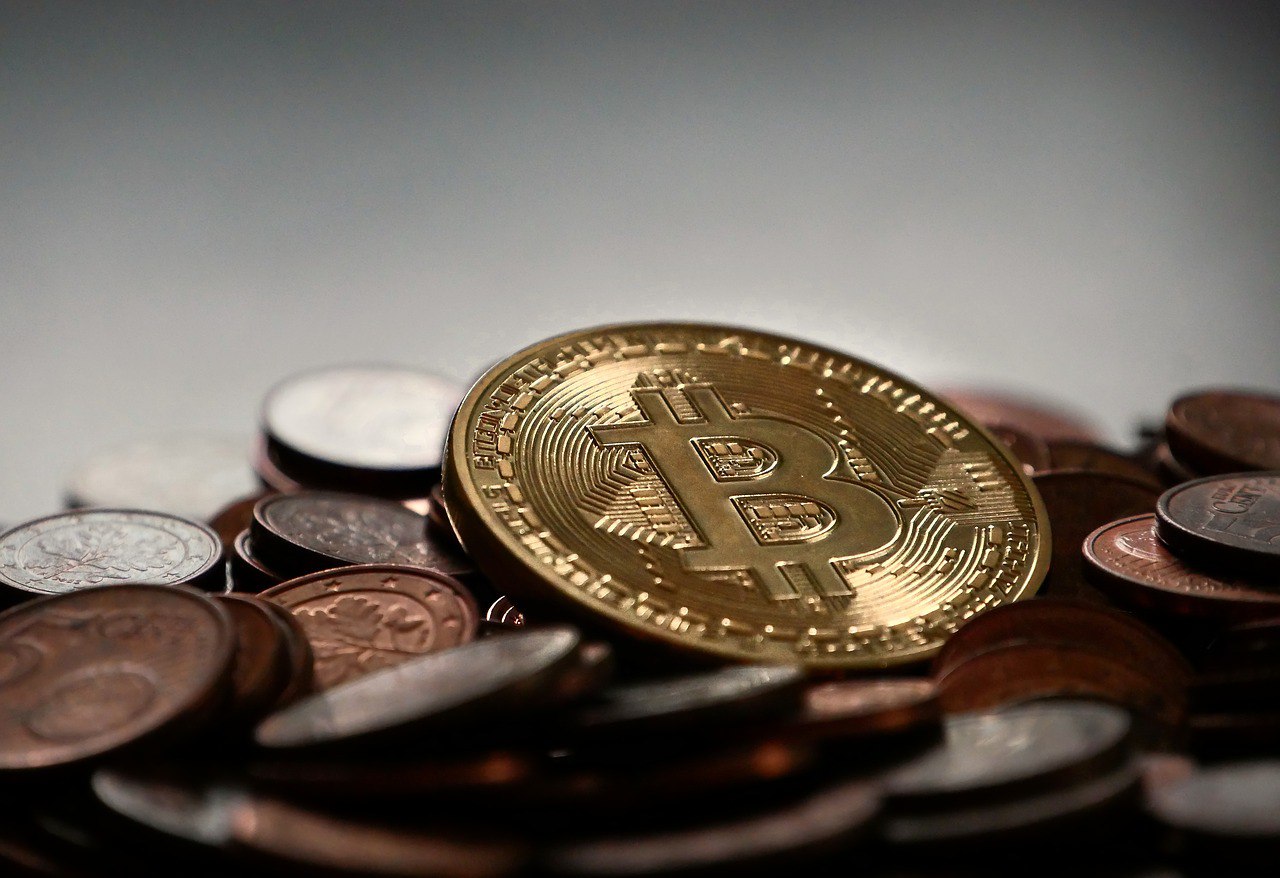The International Monetary Fund (IMF) is worried about the recent move by an African country to recognize Bitcoin as legal cash. The international monetary organization believes that BTC adoption will be complicated by economic, legal, and transparency challenges. However, other countries are also beginning to warm up to the concept of adopting BTC as a legal tender.
When the Central African Republic adopted BTC for payment, the IMF expressed worry, stating that it would provide several issues for the country due to the unstable nature of the currency. Specifically, the international agency highlighted similar concerns it had when the first country, El Salvador, embraced Bitcoin. The issues raised by the IMF include legal uncertainties in the crypto industry and macroeconomic uncertainties.
Officials From The IMF Helping To Resolve Issues In The Country
According to the IMF, “the introduction of BTC as legal money in the Central African Republic creates significant transparency, legal, and economic policy issues. IMF personnel are aiding the regional authorities in resolving the issues raised by the latest legislation.
The House of Senate of the Central African Republic approved a proposal last month recognizing BTC as legal cash, a decision that surprised many observers. The country is the first government in Africa to do so and also the second in the world.
The Central African Republic Believes Bitcoin Will Be Beneficial To Its Economic Development
The Central African Republic, like many other nations and businesses that are becoming increasingly engaged with cryptocurrency, thinks that embracing BTC can benefit the country’s suffering economy.
This move might signal the beginning of a new generation of nations that will adopt BTC as legal money. Countries such as Honduras are already considering embracing Bitcoin as a means of payment. Developing nations stand to benefit from the digital asset class, as it has the potential to aid in the digitization of the economy and the promotion of innovation, particularly in nations with significant unbanked populations that are largely dependent on remittances.
Though El Salvador has been accepting BTC for a while now, some issues and major concerns still exist. Crypto miners have turned to other energy sources such as coal, wind, and solar power. Other projects, such as using energy from volcanoes to fuel mining operations, have also fallen short of expectations.
Although making BTC a legal tender aids acceptance, things get more complex when it is examined from other angles. For example, although Bitcoin has assisted in increasing tourist earnings in El Salvador, the dangers associated with its instability make it unpredictable. This instability is what the IMF is most concerned about.
